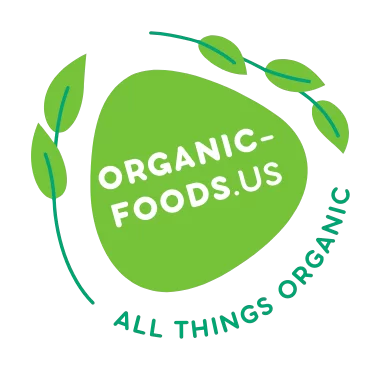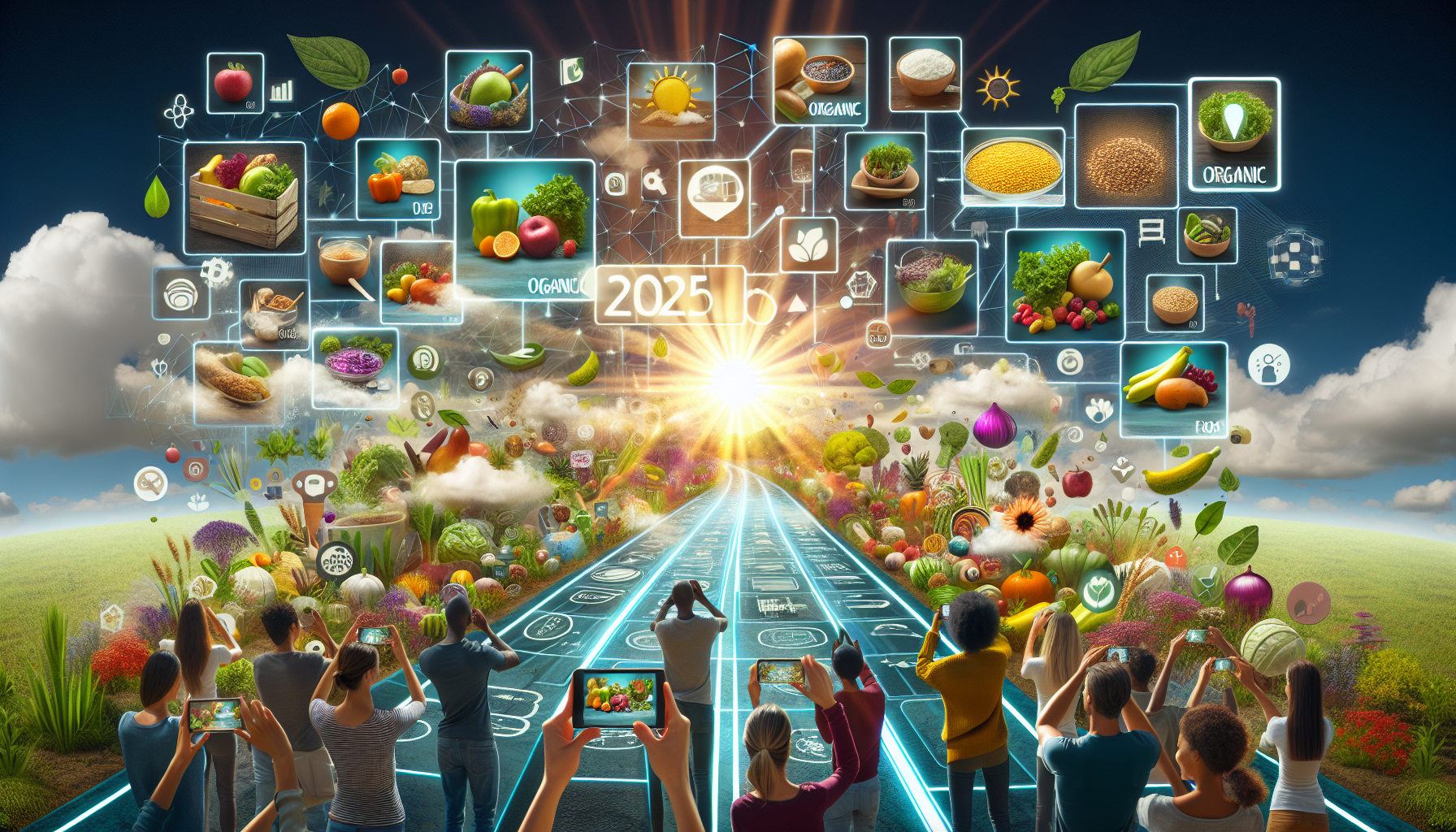Organic Nutrition Apps Launch in 2025: A New Era for Health-Conscious Consumers
The Rise of Organic Nutrition Apps
In the ever-evolving world of health and wellness, 2025 marks a significant milestone with the launch of several organic nutrition apps. These apps are not just another addition to the crowded health app market; they represent a shift towards more personalized, sustainable, and holistic approaches to nutrition. As consumers become increasingly aware of the impact of their dietary choices on both their health and the environment, these apps offer a timely solution to help navigate the complex world of organic eating.
The concept of organic nutrition apps is rooted in the growing demand for transparency and accountability in food sourcing. Users can now track the origin of their food, understand the nutritional benefits, and make informed choices that align with their health goals and ethical values. This trend is supported by a study on the benefits of organic food, which highlights the potential health advantages of consuming organic produce.
Features That Set Organic Nutrition Apps Apart
What makes these organic nutrition apps stand out in 2025? Let’s delve into some of their key features:
Personalized Meal Planning: One of the standout features of these apps is their ability to create personalized meal plans based on individual health goals, dietary restrictions, and even taste preferences. Whether you’re looking to lose weight, gain muscle, or simply maintain a balanced diet, these apps can tailor your meals to meet your specific needs.
Organic Food Database: A comprehensive database of organic foods is at the heart of these apps. Users can access detailed information about the nutritional content, sourcing, and certifications of various organic products. This feature empowers consumers to make informed choices and support sustainable farming practices.
Community and Social Engagement: Beyond individual use, these apps foster a sense of community among users. Features like recipe sharing, challenges, and forums allow users to connect with like-minded individuals, share their experiences, and learn from each other. This social aspect can be a powerful motivator for maintaining a healthy lifestyle.
Impact on Consumer Behavior and the Food Industry
The launch of organic nutrition apps in 2025 is poised to have a significant impact on consumer behavior and the food industry as a whole. As more people turn to these apps for guidance, there is likely to be an increased demand for organic products. This shift could encourage more farmers and food producers to adopt organic practices, leading to a more sustainable food ecosystem.
Moreover, these apps are expected to drive greater transparency in the food industry. With consumers having access to detailed information about the origin and production of their food, companies will be under pressure to maintain high standards of quality and sustainability. This could lead to a more accountable and ethical food supply chain.
A study on consumer behavior and organic food suggests that the availability of such apps could significantly influence purchasing decisions, with a notable increase in the consumption of organic products among app users.
Challenges and Opportunities
While the launch of organic nutrition apps in 2025 presents exciting opportunities, it also comes with its set of challenges. One of the primary concerns is ensuring the accuracy and reliability of the information provided by these apps. With the vast amount of data involved, maintaining up-to-date and verified information is crucial for user trust and safety.
Another challenge is the potential digital divide. Not everyone has access to smartphones or the internet, which could limit the reach of these apps. Developers will need to find ways to make their apps accessible to a broader audience, possibly through partnerships with community organizations or public health initiatives.
Despite these challenges, the opportunities are vast. The integration of artificial intelligence and machine learning could further enhance the personalization and effectiveness of these apps. Additionally, collaborations with nutritionists, dietitians, and organic farmers could provide valuable insights and content, making these apps even more comprehensive and user-friendly.
The potential for these apps to influence public health policies is also significant. As more data becomes available on the impact of organic nutrition apps on consumer behavior, governments and health organizations may look to these tools as part of broader efforts to promote healthy eating and sustainable living.
Looking Ahead: The Future of Organic Nutrition Apps
As we look to the future, the role of organic nutrition apps in shaping our dietary habits and food choices is likely to grow. These apps are not just tools for individual health management; they are part of a larger movement towards a more sustainable and ethical food system.
The success of these apps will depend on their ability to adapt to changing consumer needs and technological advancements. As more people embrace the benefits of organic eating, these apps will need to continue innovating to stay relevant and effective.
A study on the future of sustainable food systems suggests that technology, including apps like these, will play a crucial role in promoting sustainable practices and healthier diets. As we move forward, the organic nutrition apps launched in 2025 could be at the forefront of this transformative journey.

